Your basket is empty.
Look like you haven't added anything to your cart
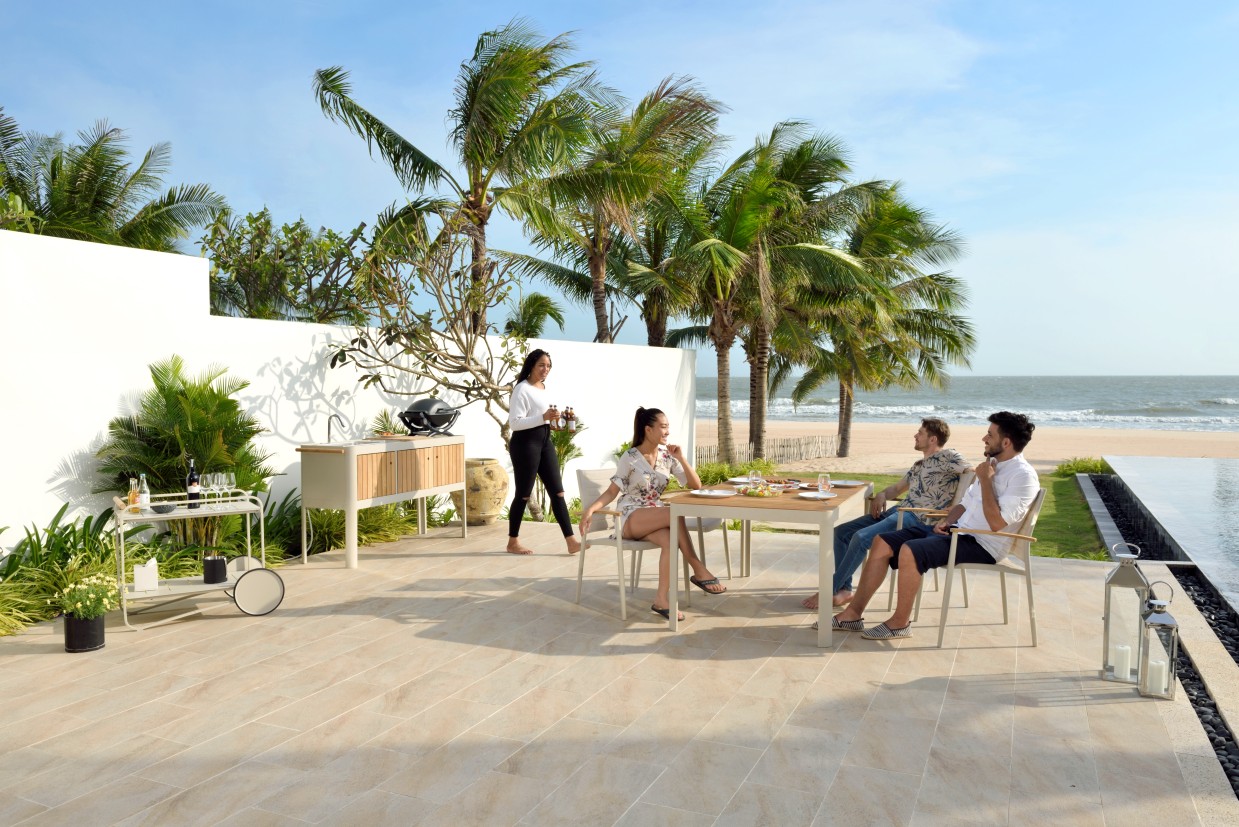
When COVID-19 arrived in the spring of 2020 it seemed to come out of nowhere. But it altered everything in an instant. The global pandemic had a massive and long-lasting impact on people’s lives around the world.
UK residents were asked to isolate themselves at home. Offices were emptied, travel was disrupted, and face masks became the norm. We learnt a whole new vocabulary: words such as ‘lockdown’ and ‘furlough’ became commonplace.
In the wake of the pandemic, people could once again see their children socialising, enjoy a cup of tea on friends’ sofas, and attend group gatherings. But most of all, after months of isolation, we now know never to take for granted the time spent with a loved one.
Now in 2022, life has started to return to normal. But there are many changes that look set to stay for the long term. One such positive shift includes an increased appreciation for what time spent outdoors can do for our mental and physical well-being.
Nature turned out to be a great provider of solace during tough times. Communal green spaces and our own back gardens became a vital respite from worry and anxiety. The great outdoors offered opportunities to see people, exercise, explore gardening and nature – and also simply to just sit and be part of the world around us.
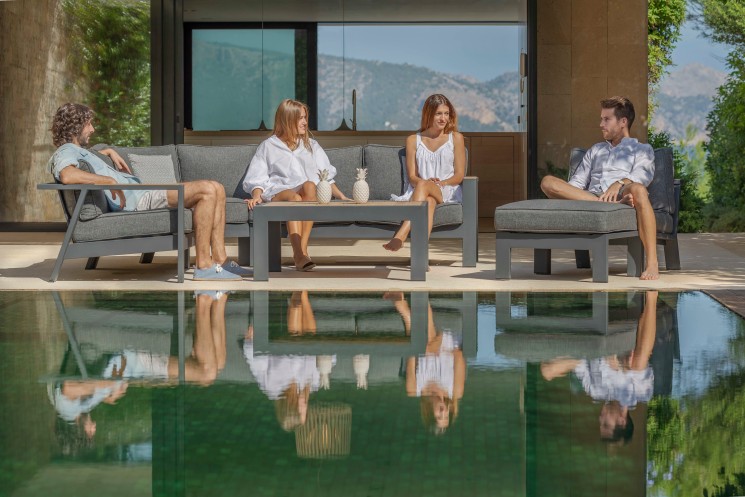
During the pandemic, as travel ceased and commuter road noise cleared, suddenly we rediscovered the beauty in bird song. We took the time to notice the wildlife that visited our gardens. Children’s imaginations were captured by outdoor play. They learnt the taste of fresh tomatoes straight from the vine and the sounds of swifts soaring in the skies above.
The RSPB’s Recovering Together Report found that 76% of people felt that nature had been an important source of comfort for them during the pandemic. In addition, 89% of people agreed that increasing the amount of accessible nature-rich space would help to improve people’s general health, well-being and happiness.
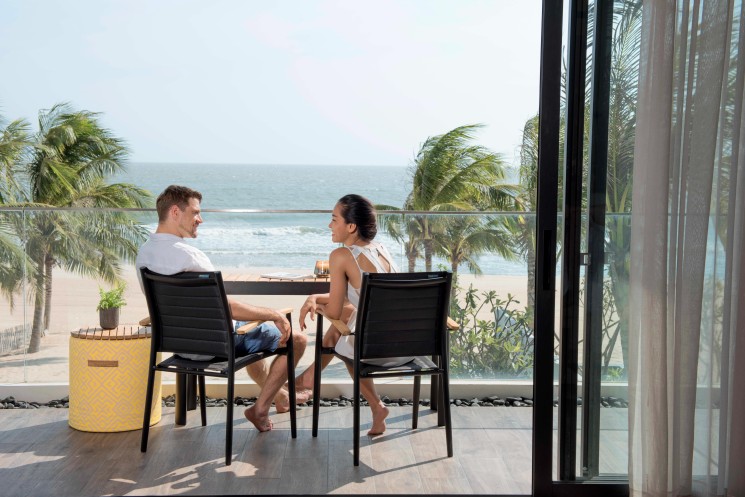
Another change that’s remained has been a renewed focus on purchases that put both people and the planet first. Many individuals are looking at changing the way in which they shop – often with the aim of creating a better, healthier world.
We know there is a responsibility to help communities and also to protect the natural world that offers us so much. 62% of consumers said they’re willing to change their buying habits to reduce environmental impact. The same percentage feel it’s now more important than ever that companies behave in a sustainable way too.
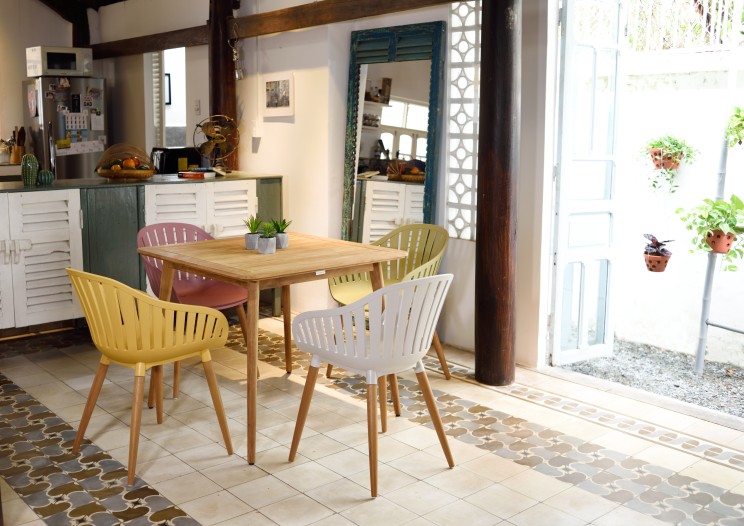
The evidence has shown that people believe in buying products that benefit the planet. In response, companies have had to up their game and be more transparent about their environmental impact.
Here at LifestyleGarden®, sustainability has long been at the heart of all that we do. Our vision for “Doing Business the Right Way” means that we are on a mission to bring even more recycled material innovations to UK homes.
We recently teamed up with Plastic Bank and the Eden Project to revolutionise how we treat waste materials. Our ambition is for a world without ocean plastic. In 2022, we launched our new Nassau collection, powered by Social Plastic®, to pave a way for furniture to be created with social and environmental purpose at its core.
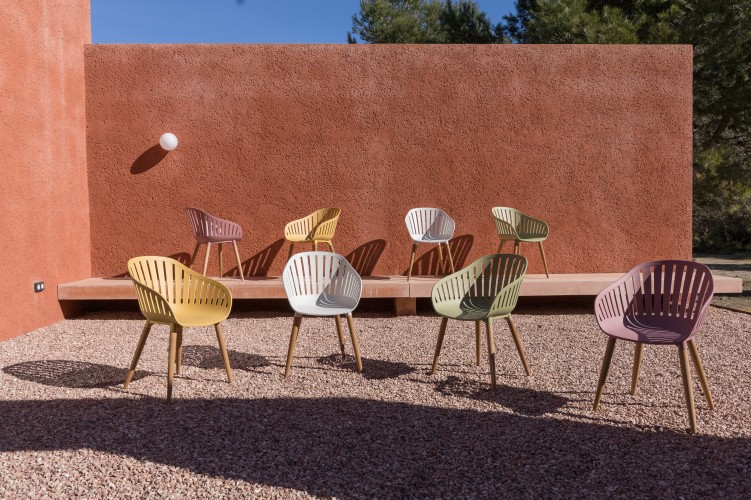
Our Nassau furniture range is made from Social Plastic®, an ethically recovered material that helps fight ocean pollution, whilst at the same time improving the lives of those who collect it. Every chair will be made from the equivalent of 175 recycled plastic bottles, litter-picked from shorelines.
The range benefits people as well as the planet. Collectors from the coastal communities receive bonuses for the materials they collect, which helps them provide basic family necessities such as groceries, school tuition, internet access, health insurance, cooking fuel and more.
The environmental, social and economic impact of the Nassau collection means that people can choose a furniture collection that makes a real difference in the world.
Plus, with the cost of living crisis set to take hold in the UK this winter, we’re keeping prices low on our furniture too. We want to ensure that innovative environmental products are affordable for as many people as possible.